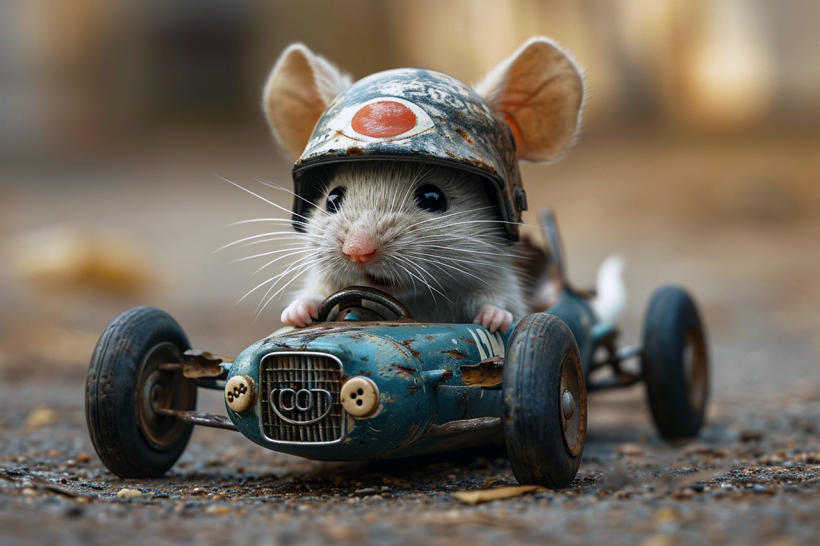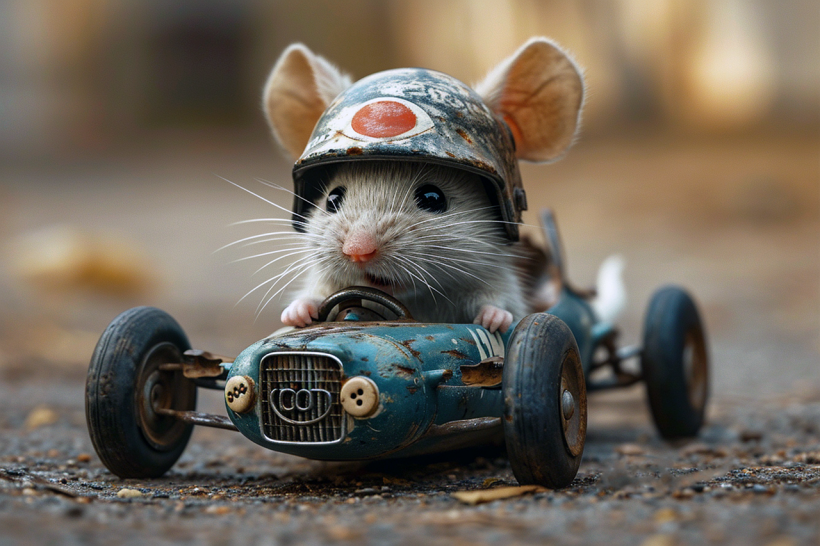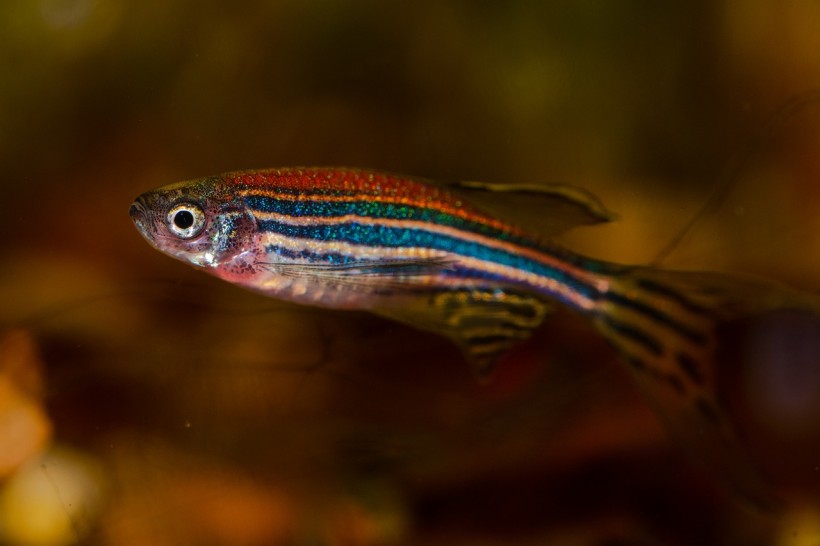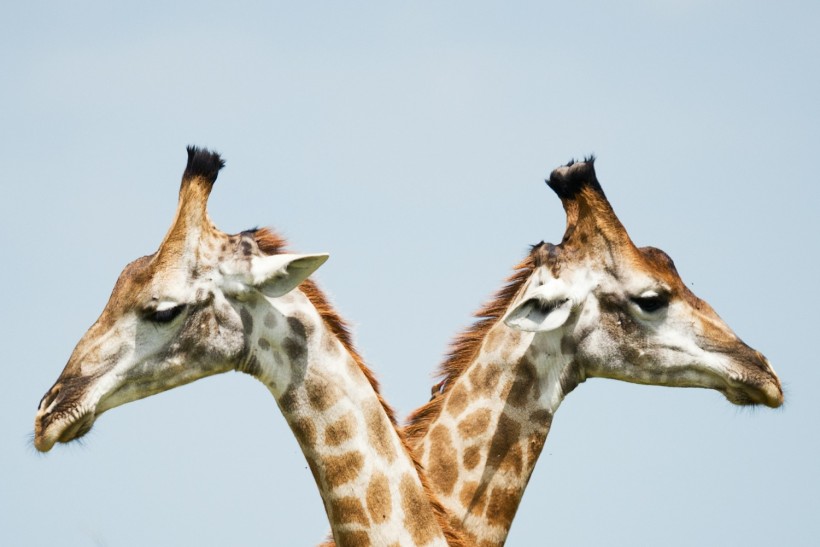[ad_1]
Mice have often been a test subject of experiments and research, mainly for understanding biology and advancing modern medicine. Scientists choose mouse (Mus musculus) among rodents as a subject most of the time simply because they are also mammals, just like modern humans Homo sapiens.
In addition, their behavioral, biological, and genetic characteristics resemble ours.
In a recent study, neuroscientists have determined that human adults used to think like a mouse when they were a baby. The results of the new research paper show that human babies have the same thought processes as mice, especially when it comes to performing basic tasks. The findings of the research apply to newborns or toddlers who cannot talk yet but are learning certain tasks.
The April 2024 study further confirms previous evidence of the resemblance between a mouse brain and a human brain. Its test results also deepen our understanding of animal cognition, which is capable of memory and problem-solving. The findings may also shed light on remaining knowledge gap involving mammalian intelligence, including non-human primates and other rodents.
Mouse Brain Study

The mouse brain study, published in the journal Current Biology on Friday, April 26, a research team led by Johns Hopkins University in the United States found that we used to think like mice when we were babies.
The team conducted their work under the context and mystery as to why rodents often performed poorly during scientific tests when they knew to get the task done and perform well.
To address this inquiry, Kishore Kuchibhotla, a neuroscientist from the said university, wondered why this phenomenon occurs. As a result, the team conducted a simple experiment that would answer the mystery. The reason behind it is unprecedented; animals such as mice engage in performance errors on “purpose” as a form of exploration when given more than one choice or option.
Also Read: False Memory Successfully Implanted in Mouse Brain
Experimental Test
The Johns Hopkins University researchers assert that while it is hard to conclude if whether or not animals are making hypotheses (just like humans), they believe that they can engage in such thoughts and test them. The scenario involving mice subjects occurred despite the rodents knowing that choosing the wrong option would not yield a reward.
The experimental test involves mice hearing two sounds, the first sound should make them turn a wheel to the left, while the second sound should make them turn the wheel to the right. After consecutive trials, the team noticed that some mice subjects engaged in mistakes. However, it turned out to be on purpose rather than accidental on the part of the mouse.
The results of the recent research are not the first of its kind. In a separate 2021 study published in the journal eLife, scientists also found that mice placed in a maze or labyrinth can quickly discover the location of its reward along with experiencing rapid learning.
Related Article: Scientists Create Transparent Mice for Human Brain Mapping Advancement
© 2024 NatureWorldNews.com All rights reserved. Do not reproduce without permission.
[ad_2]




